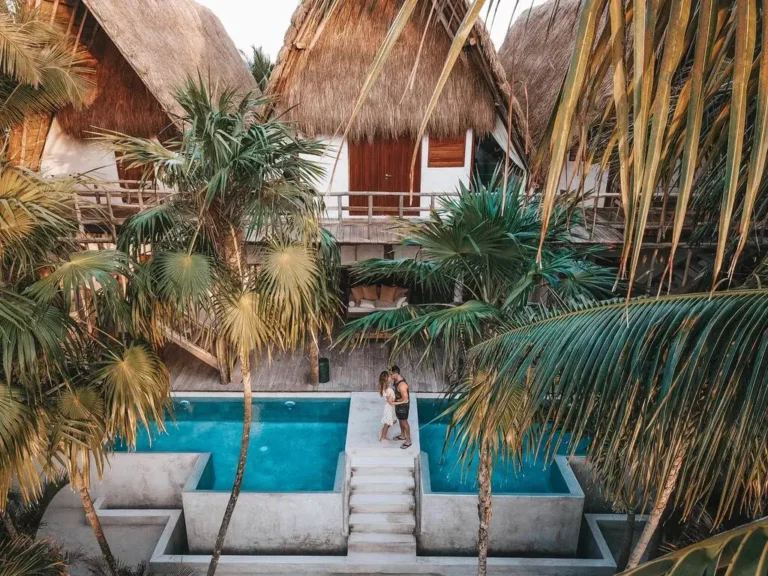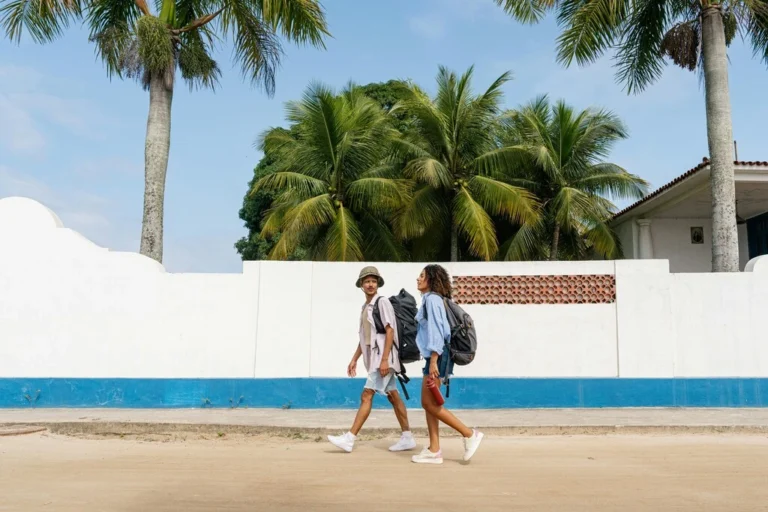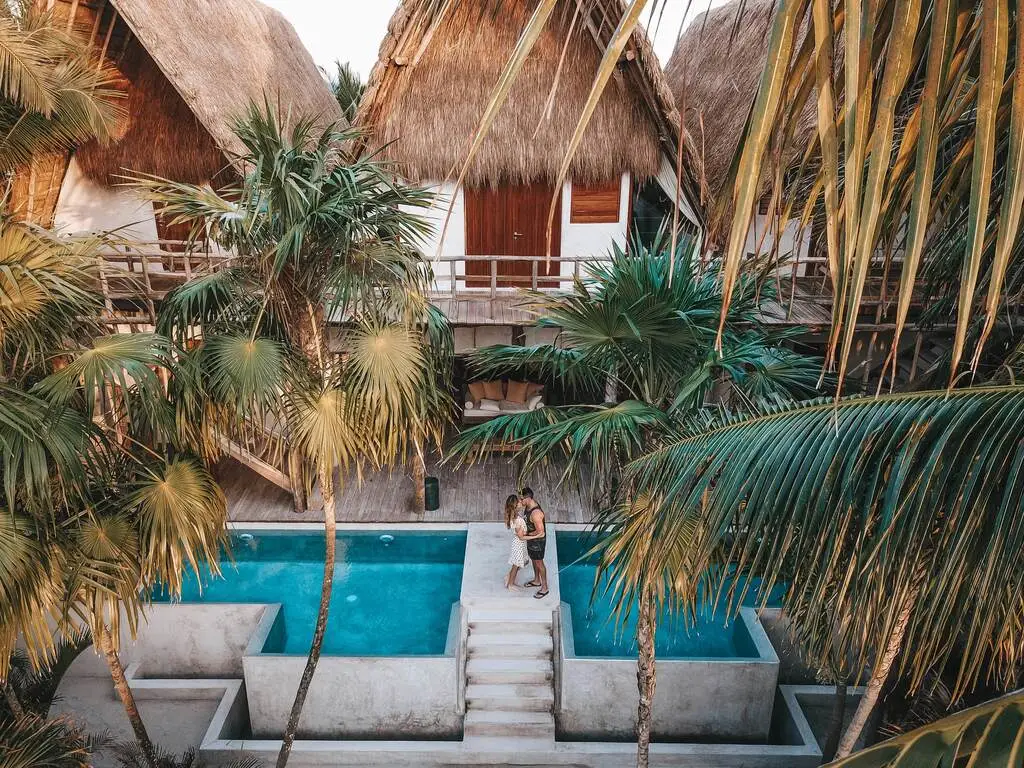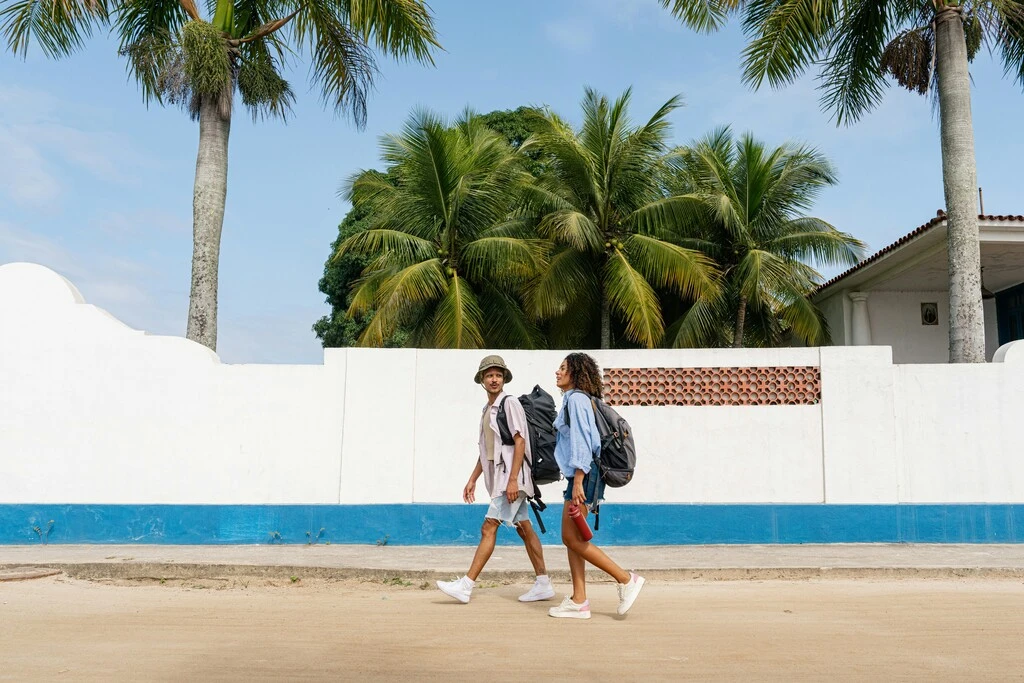I’m excited to introduce you to Moira Mills, a dedicated digital nomad mom who’s been roadschooling her son London. Today, we will dive into the fascinating topics of deschooling and unschooling.
Originally from rural Alaska, Moira was raised on a homestead and never attended traditional school. She was unschooled from the start, learning naturally without formal education, tests, or study schedules. This approach allowed her to explore her interests deeply and develop passions at her own pace.
As Moira grew older and became a parent, she realized that many adults were burdened by strict educational rules for their children. This awareness led her to advocate for deschooling, a detox process that helps families embrace learning as a natural and joyful part of life rather than a restrictive activity.
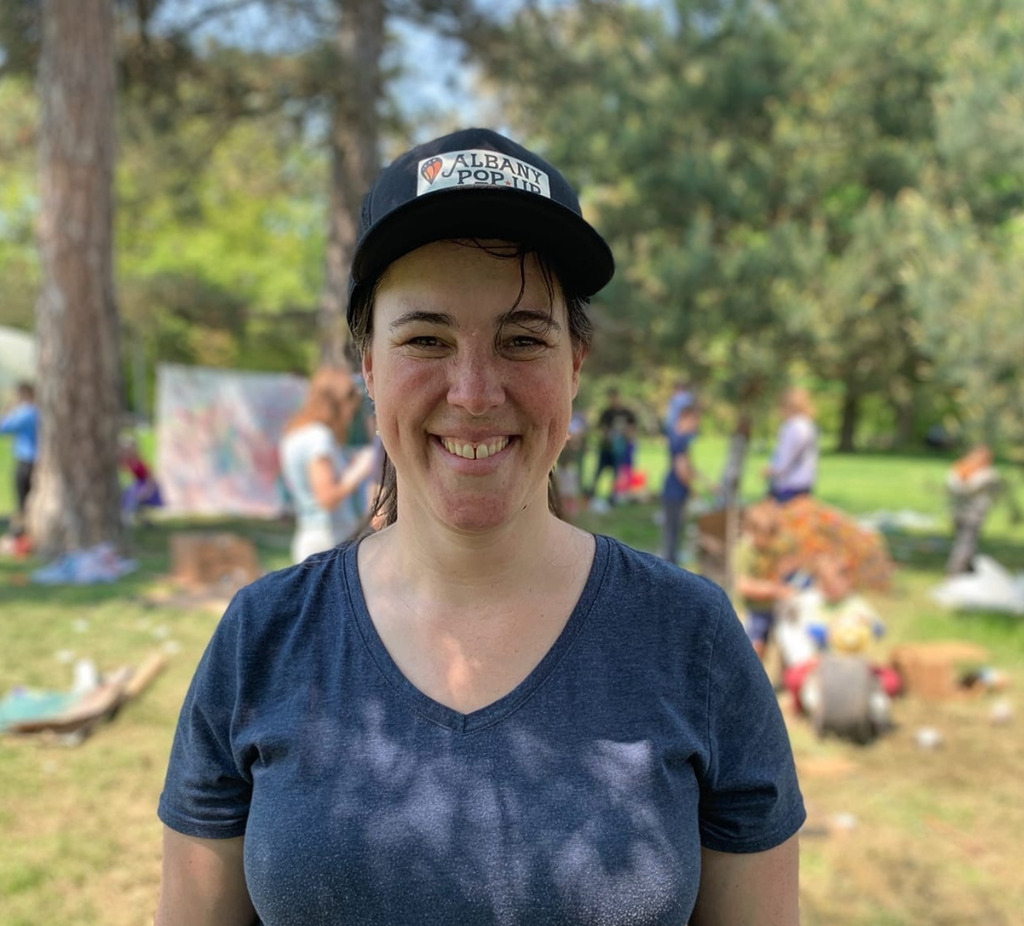
Now, at 42 years old, Moira continues this unschooling philosophy with her nearly 9-year-old son while they travel full-time. As a digital nomad entrepreneur, she balances work and education seamlessly. Although they plan to stay in the States for now, Moira aims to transition to worldschooling and explore international destinations soon.
Join me as I delve into an insightful conversation with Moira Mills about the challenges and rewards of roadschooling and deschooling while living a life of freedom and adventure.
Deschooling and Unschooling: Moiras Unschooling Journey
Hi Moira, thank you so much for joining me for this interview. It’s fascinating to meet someone who has never attended a traditional school, and I’m really looking forward to hearing your story. What inspired your family to choose the unschooling path?
I can’t speak for my mom, who has passed away now, but I can tell you that I never would have fit into the typical school model. Unschooling would have been pretty unheard of in the 80’s too, I have no idea where she came across it. I would have been depressed and probably would have needed heavy medication to make it through the typical modern way of doing education. Unschooling allowed me to thrive by following my interests and learning naturally, I feel very fortunate to have had the opportunity.
When it came to my son, continuing the unschooling path seemed like a no-brainer. I could never subject him to the constraints and pressures of the current public school model. Unschooling provides him with the freedom to explore his interests and learn in a way that suits him best. It fosters his natural curiosity and enthusiasm, allowing him to grow and develop into his authentic self without the limitations and stress of traditional schooling.
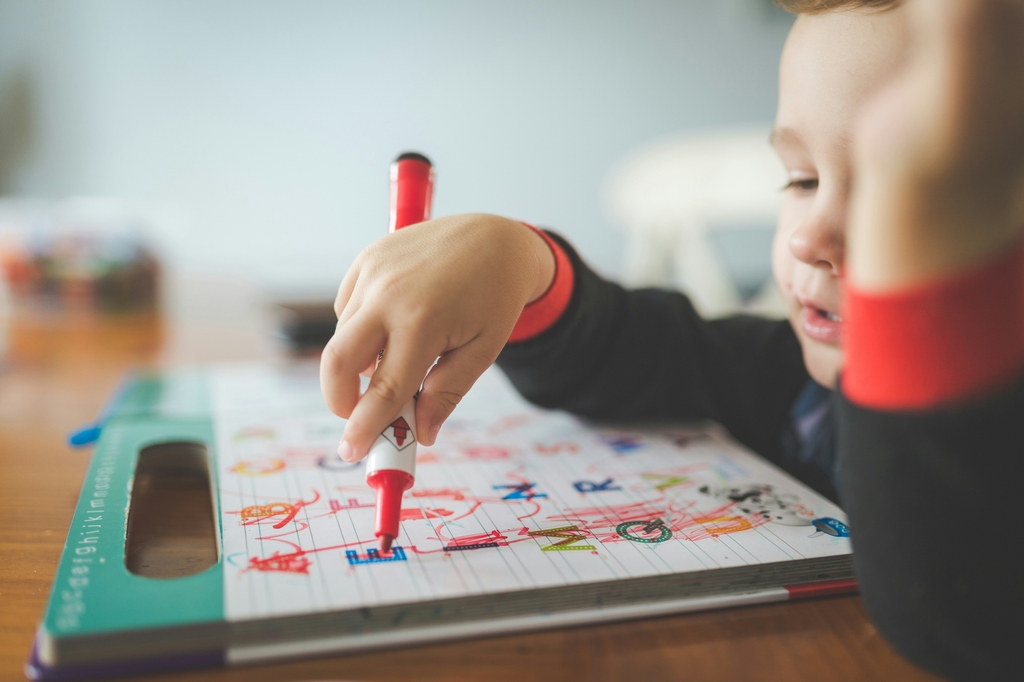
Unschooling Unpacked: What Sets It Apart?
For those unfamiliar with unschooling, can you explain what it is and how it differs from traditional schooling?
Unschooling is a child-led approach to education that emphasizes learning through life experiences, curiosity, and personal interests rather than following a set curriculum or attending formal classes. Unlike traditional schooling, which is structured around standardized testing, grades, and a one-size-fits-all curriculum, unschooling allows children to explore topics that fascinate them at their own pace.
In a traditional school setting, students are often required to learn specific subjects in a predetermined order, regardless of their interests or readiness. This can lead to stress, disengagement, and a lack of motivation. In contrast, unschooling recognizes that learning happens naturally and constantly. It encourages children to pursue their passions, ask questions, and seek out knowledge in ways that feel meaningful to them.
For example, if a child is interested in nature, they might spend their days exploring the outdoors, studying plants and animals, and reading about ecosystems. This organic, self-directed learning approach not only fosters a love of learning but also helps children develop critical thinking skills, creativity, and independence.
Unschooling isn’t about the absence of education; it’s about redefining what education means and how it can be experienced. It trusts that children are naturally curious and capable of guiding their own learning journey, supported by their parents and the world around them.
Unschooling isn’t about the absence of education; it’s about redefining what education means and how it can be experienced.
A Day in the Life of an Unschooling Family
What does a typical day look like in an unschooling family?
Our mornings begin with waking up naturally and enjoying a leisurely breakfast where we discuss our plans for the day. Since we’re always on the move, each week brings new adventures—one day, we might be camping by a river in the mountains of New Hampshire, and another week, we could be exploring the zoo or free museums in St. Louis, Missouri.
Our days are highly flexible. If my son shows interest in a particular topic, we explore it in depth using available resources or local opportunities. Historical sites, museums, and parks become our classrooms, offering engaging, hands-on learning experiences.
Social interactions are a key component of our journey. We connect with locals, other roadschooling families, and participate in local events. This helps my son build friendships and learn from a diverse range of people and cultures. We often revisit favorite spots to maintain these valuable connections.
Afternoons combine work and play. While I work from my laptop, my son immerses himself in creative activities, play, and practical tasks. He might build, draw, read, or assist with travel logistics. He’s listened to countless classic children’s stories during our drives and enjoys exploring various podcasts.
Evenings are a time for reflection and relaxation. We share our daily experiences, discuss what we’ve learned, and sometimes watch educational videos together.
In essence, our days are driven by curiosity and the freedom to learn from the world around us. Roadschooling transforms every moment into a learning opportunity, making education a natural and joyful part of our lives.
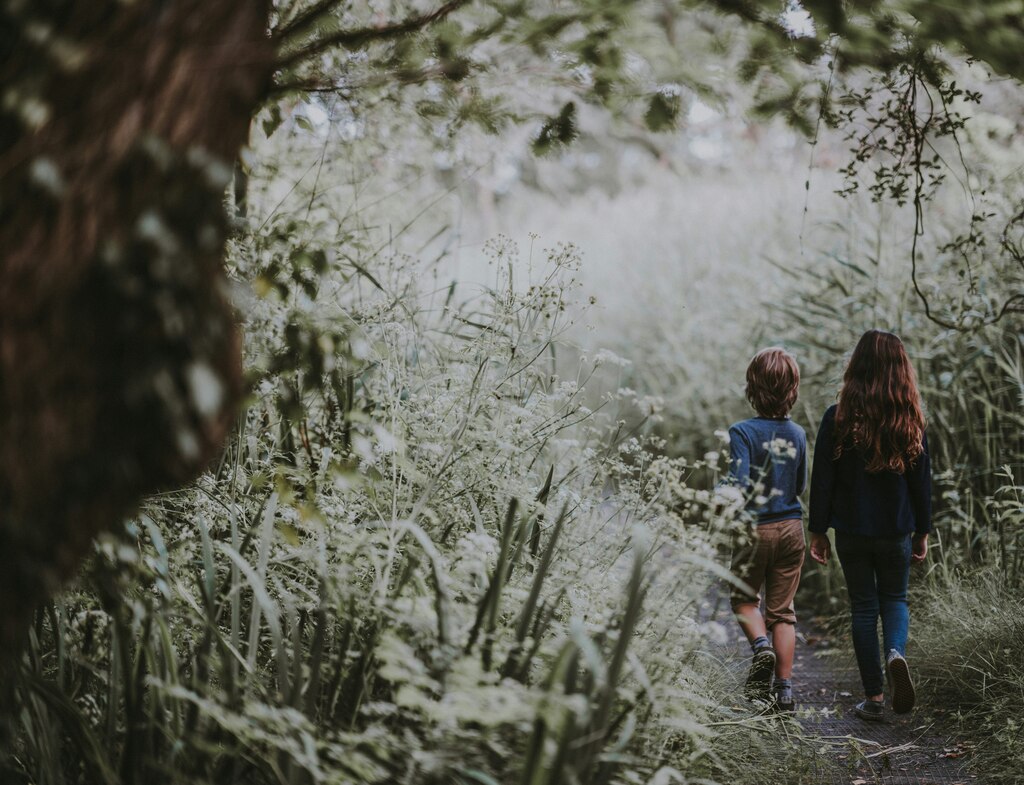
Deschooling 101: Detoxing from Traditional Education
What exactly is deschooling, and why is it an important step for families transitioning from traditional schooling to unschooling?
Deschooling is about letting go of the traditional beliefs and practices tied to formal schooling so that you can embrace a more flexible, learner-centered approach. It’s essentially a way to “reset” your understanding of what learning can be like, moving away from the structured, rigid expectations of traditional education.
For families making the switch from traditional schooling to unschooling, deschooling is an essential step. It helps everyone—parents and children alike—release the habits and mindsets formed by years of conventional education. Traditional schooling often comes with strict rules about how and what should be learned, focusing on tests, grades, and a set curriculum. These systems can create a fixed mindset that can stifle the natural curiosity and enthusiasm that unschooling seeks to nurture.
During deschooling, families take a break from all formal educational methods and start to rediscover learning in a more organic way. It’s a time to reflect on how traditional schooling has shaped your views on education and adjust to the unschooling philosophy, which values learning driven by interests and real-life experiences.
The goal of deschooling is to create an environment where curiosity is encouraged and learning happens naturally through exploration and interaction. It helps families shift their mindset from viewing education as a series of tasks to seeing it as a lifelong, joyful journey. This transition makes it easier to fully embrace unschooling and enjoy the benefits of a more flexible, self-directed approach to learning.
How long does the deschooling process typically take, and what are some common challenges families face during this time?
The deschooling process can vary quite a bit depending on the family, but it usually takes anywhere from a few months to about a year. It’s a gradual transition, not something that happens overnight. Everyone needs time to adjust to new ways of thinking about learning and education.
One common challenge families face is getting used to a new rhythm. Without the structure of traditional schooling, it can be tough to adapt to the freedom of a less regimented schedule. There’s also the task of overcoming old habits. Parents and kids might find it hard to let go of the expectations and routines from conventional education, like following a strict curriculum or relying on grades and tests to measure progress.
Uncertainty can be another issue. Without the familiar framework of traditional schooling, it’s natural to wonder if learning is happening as it should or if educational goals are being met. Managing expectations is also a hurdle; parents might struggle to let go of conventional markers of success and trust in the unschooling process, while children might need time to adjust to a more self-directed approach to learning.
Building new routines that fit the unschooling lifestyle can take some experimentation. It’s about finding what works best for your family and creating a rhythm that supports a more organic, interest-driven way of learning.
Despite these challenges, deschooling is an essential part of fully embracing unschooling. It’s a time to redefine what learning means and to build a positive, exploratory approach to education. Patience and open communication can make this transition smoother and more rewarding for everyone involved.
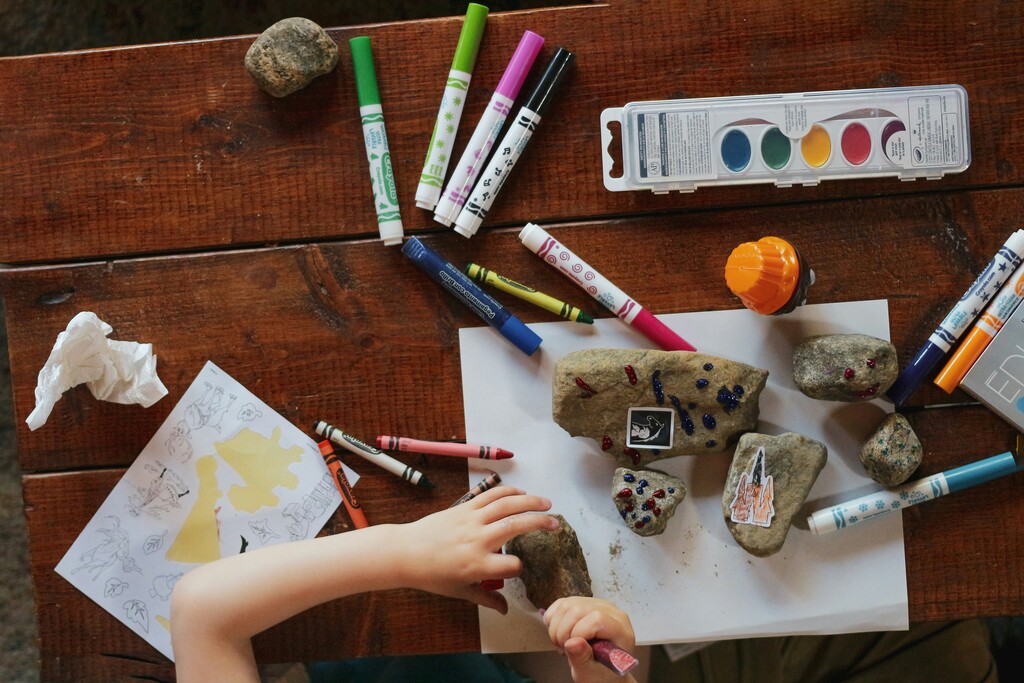
The Influence of Unschooling
Having never attended traditional school yourself, how do you think this has influenced your perspective on learning and education?
Having never attended a traditional school has profoundly shaped my perspective on learning and education. Growing up unschooled, I experienced firsthand the freedom to learn in a way that was deeply aligned with my interests and natural curiosity. This early experience instilled in me a strong belief in the value of self-directed learning and the idea that education can be a joyful, lifelong journey rather than a series of tasks to be completed.
Without the constraints of a formal education system, I learned to view learning as something that happens organically through exploration and engagement with the world around me. This perspective helps me see education as a flexible, individualized process that should adapt to each person’s unique interests and needs rather than a one-size-fits-all approach.
I also gained a deep appreciation for the importance of following one’s passions and interests. Since I was never confined to a rigid curriculum, I learned to trust my instincts and pursue knowledge in ways that were meaningful to me. This has influenced how I approach education with my son, encouraging him to explore his interests and learn through experiences rather than adhering to a set educational path.
Overall, my unschooling background has given me a strong belief in the power of curiosity-driven learning and the idea that education should be an enriching and personal experience. It’s helped me advocate for an approach that values individual exploration and celebrates learning as an integral part of life.
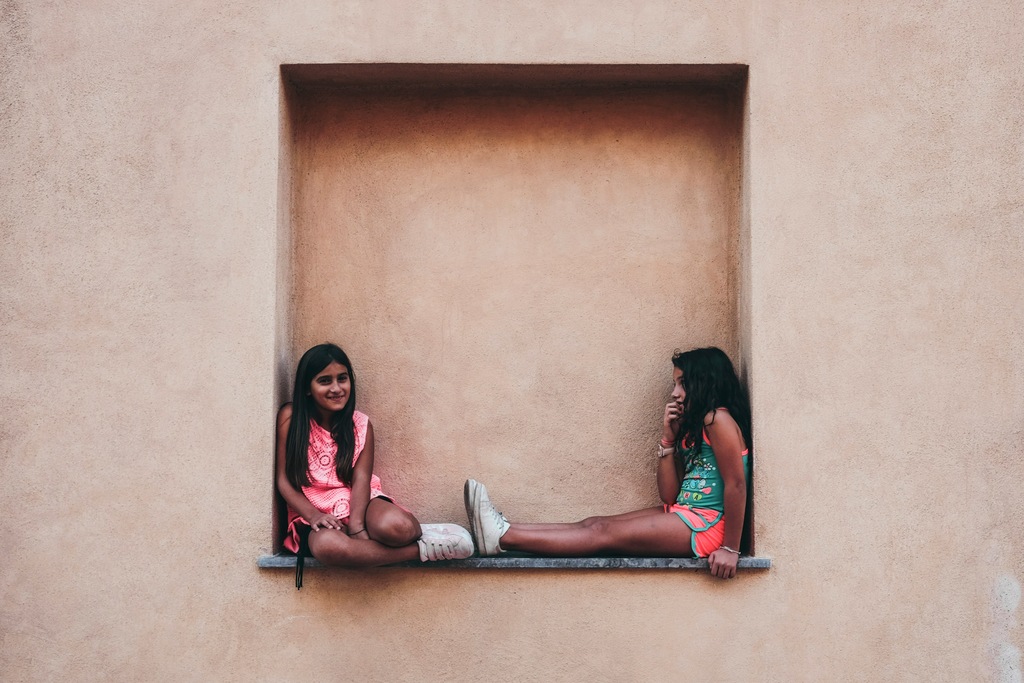
How Unschooling Success Can Look Like
Can you share a personal story or experience that highlights the benefits of unschooling for your family?
One experience that really highlights the benefits of unschooling for our family is how it has given London the time and space to develop his interests and skills in ways that might not have been possible in a traditional school setting. Imagine being ready to leave home and already being capable of making money and taking care of yourself, paying your bills instead of needing to learn that after you are on your own.
Starting at just four years old, London began practicing Jiu-Jitsu. Because of the flexibility of our unschooling lifestyle, he was able to attend every single class our local gym offered at that time, spending up to five hours a week with an amazing coach.
Sometimes, I would ask if he wanted to skip a class because I didn’t feel up to the 1.5 hours of driving, but he emphatically said no. His dedication and enthusiasm for Jiu-Jitsu allowed him to develop his skills and build a strong foundation in the sport.
These are skills he can carry into adulthood and use in any number of ways, whether it’s continuing in the sport, teaching, or simply applying the discipline and perseverance he learned to other areas of his life. In addition to Jiu-Jitsu, London has also developed a passion for chess. Whenever we travel to Charleston, SC, which has a thriving chess community, he spends over 10 hours a week playing chess. Almost every night, he can find a place to play with kids and adults alike. This hands-on experience in a vibrant chess community allows him to hone his strategic thinking and connect with others who share his interest.
There are a limited number of hours in childhood, and I don’t want him to waste them doing what other people say is important when I know for a fact they are not.
Unschooling allows us to prioritize what truly matters to him and to us. It provides a richer, more meaningful connection to the world and equips him with real-world skills and experiences that will be invaluable as he grows older. This freedom to explore and connect authentically, driven by genuine curiosity, makes unschooling so powerful. It fosters a love for learning and helps passions flourish in a way that’s both natural and profoundly impactful.
There are a limited number of hours in childhood, and I don’t want him to waste them doing what other people say is important when I know for a fact they are not.
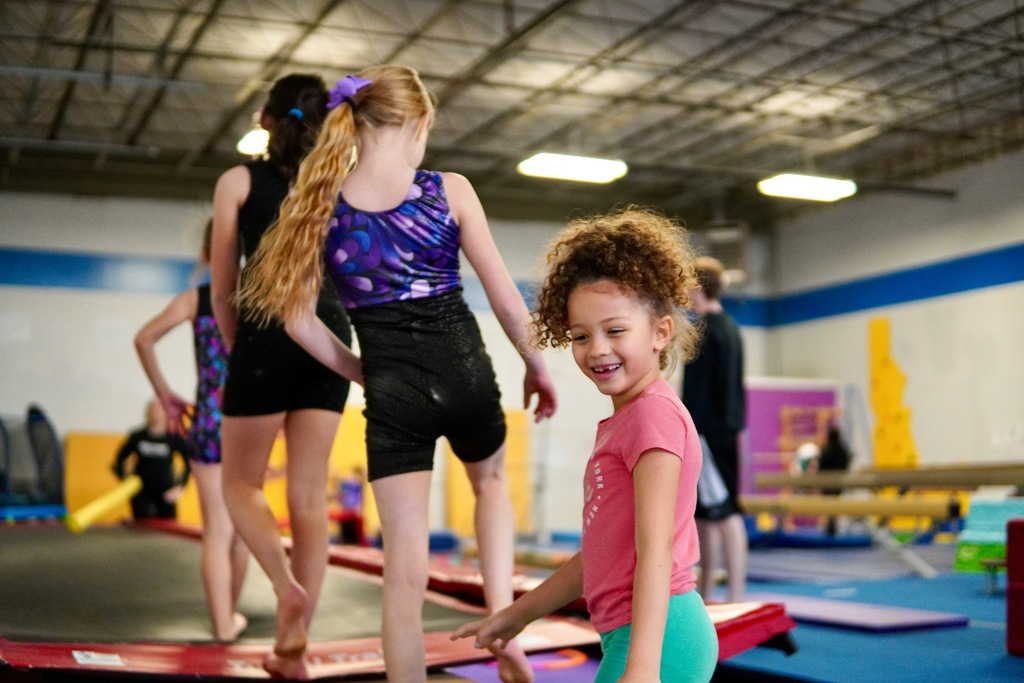
Overcoming Misconceptions about Deschooling and Unschooling
What are some common misconceptions about unschooling, and how do you address them, such as the concern about lack of socialization?
One common misconception about unschooling is that it means no structure at all. People sometimes think that unschooling is synonymous with a complete absence of educational goals or direction. In truth, unschooling is highly personalized and flexible. It allows children to pursue their interests and learn in ways that are meaningful to them, often leading to a deep and engaged understanding of various subjects.
Some also worry that unschooling might result in gaps in knowledge. However, because unschooling is driven by the child’s interests, it often leads to a more integrated and thorough learning experience. Children naturally seek out knowledge related to their passions, which can cover a broad spectrum of topics and skills.
Finally, there’s the belief that unschooling lacks discipline or preparation for the real world. On the contrary, unschooling encourages self-motivation and problem-solving skills as children take charge of their own learning. This approach can foster a strong sense of responsibility and independence, preparing them well for adult life.
Advice for Nomadic Families
What advice would you give to digital nomad families considering unschooling for their children?
My key advice is to fully embrace deschooling as a family, especially as parents. Deschooling is just as relevant for adults if they went through the traditional model of education. Deschooling together means stepping back from conventional educational expectations and giving yourselves the space to adapt to the unschooling approach.
Use the unique locations you visit to enhance your child’s learning experience—whether it’s exploring local history, engaging in new activities, or meeting diverse people. Don’t get hung up on any of your current expectations.
As parents, it’s essential to dive deeply into your own interests and make learning a natural part of your travels. Be the example for your children. Aligning as a family, adjusting your mindset, and rethinking your expectations are key to making the most of the educational and personal growth opportunities that come with this lifestyle. By deschooling together, you’ll be better equipped to support your children and embrace the freedom and flexibility of unschooling.
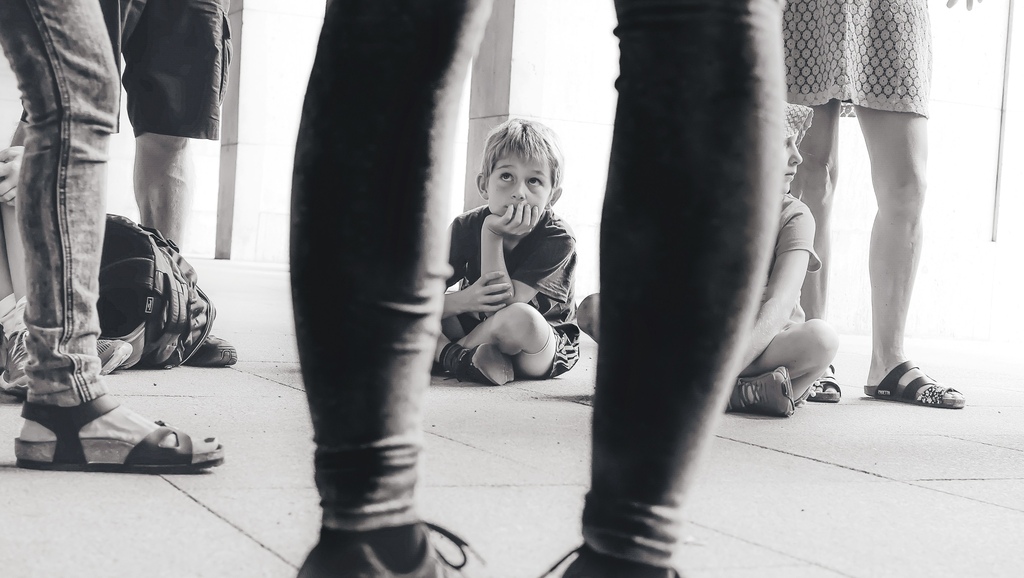
Essential Resources for the Unschooling Journey
What resources or communities would you recommend for families new to unschooling and deschooling?
For families new to unschooling and deschooling, I highly recommend starting with a couple of foundational books. John Taylor Gatto’s “Dumbing Us Down” is a great first read, followed by Ivan Illich’s “Deschooling Society.” These books provide valuable insights into the philosophy and practice of unschooling and can help you understand the importance of moving away from traditional educational models.
Additionally, reaching out for support is crucial. There are numerous online communities and local groups dedicated to unschooling. These communities can offer advice, share experiences, and provide the encouragement you need during your transition. Don’t hesitate to connect with other unschooling families; their experiences and insights can be incredibly valuable.
If you ever need personalized support, feel free to reach out to me. I’m always happy to answer questions and provide guidance based on your unique journey. There are plenty of resources available, and I’m here to help you navigate them.
Moiras Coaching Program
How do you support and coach families through the deschooling process?
Supporting and coaching families through the deschooling process involves a personalized approach. Children adapt more easily, but adults often find it harder to detox from ingrained educational ideas. I help families let go of traditional expectations by addressing their fears and goals, emphasizing patience and a step-by-step approach.
We identify strengths and interests, finding activities and resources that align with the child’s passions. Regular check-ins via calls and messages provide ongoing support. Connecting families with the unschooling community is crucial for reassurance and inspiration. Having support makes the transition smoother and more enjoyable.
My goal is to empower families to trust their instincts, embrace flexibility, and enjoy the freedom of unschooling, creating a meaningful and fulfilling learning journey tailored to their unique needs.
👉 You might also find these articles interesting:
– What is Worldschooling? Your Complete Guide
– Eclectic Worldschooling with Tweens
– Life as a FIRE Digital Nomad Family
– Traveling as a Single Parent
Is there anything else you’d like to share with families who are exploring alternative education options?
When exploring alternative education options, it’s important to challenge and reflect on our underlying assumptions about learning. Often, we unconsciously view a child as a computer that needs to be “downloaded” with information—where subjects and grades are the primary focus. However, another perspective is to see a child as a seed. Just like a seed doesn’t need to be told what it’s supposed to become, a child doesn’t need rigid structures or predefined paths.
Instead, children thrive when provided with the right environment—love, support, and opportunities to explore. They have an innate potential and curiosity, and they naturally develop into who they are meant to be when given the freedom to grow in their own way. Embrace this perspective and focus on nurturing their interests and passions rather than trying to fit them into a predefined mold. This approach allows for a more organic and fulfilling educational experience that supports each child’s unique journey.
Moira, thank you so much for sharing your incredible journey and insights with us. I appreciate your time and wisdom, and wish you and your son continued success and adventure on your roadschooling journey. If you’d like to connect with Moira, be sure to visit her website moiramills.com and her blog.
I’m also happy to hear your thoughts about deschooling and unschooling in the comments!
Thanks for reading and for making me part of your day! Yours, Lulu


